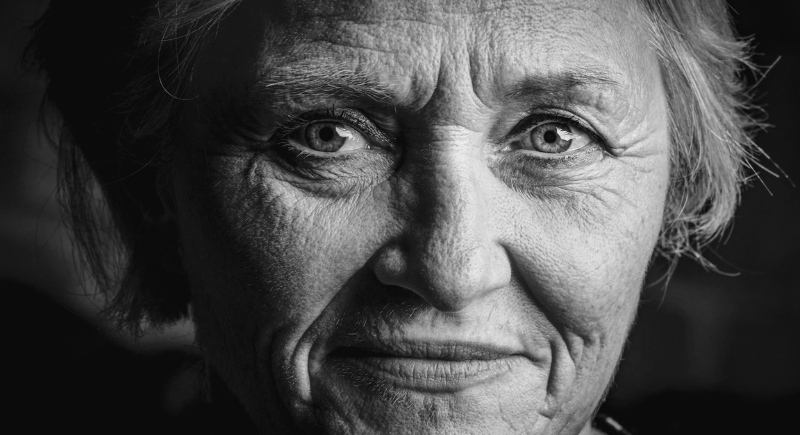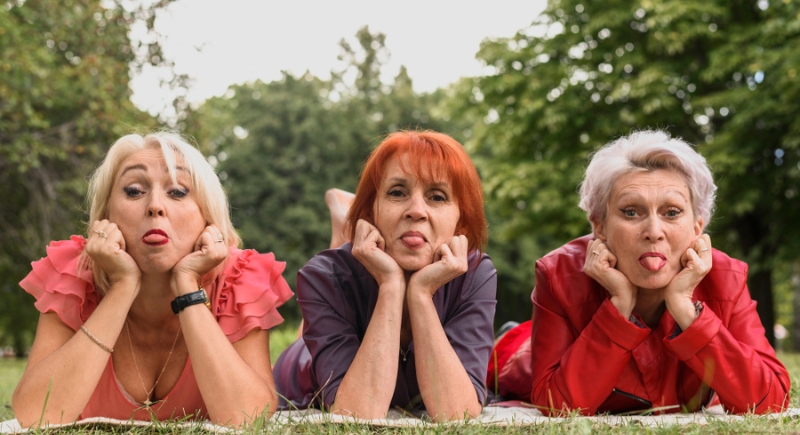Believing Aging Myths Can Actually Make You Feel Older
Aging has always had a branding problem. Stories pile on about decline, lost vitality, and a ticking clock that seems louder with each birthday. Somewhere between wrinkle creams and the jokes about forgetting where you left your keys, it becomes easier to expect the worst. That low, familiar hum of doom about getting older is hard to avoid. That drumbeat of pessimism shapes outcomes.
This trend has been highlighted by researchers in various studies, including a 2002 study by Dr. Becca Levy at Yale University, which revealed that negative beliefs about aging can lead to worse health outcomes and a shorter lifespan. Often cited in aging studies, it demonstrates how deeply ingrained stereotypes can affect the way individuals age.
The myths we absorb about aging sink into daily routines. And research keeps showing that this negativity, when turned inward, can shave years off your life and seriously dampen your health. It’s not a spooky theory; it’s biology, psychology, and behavior all reacting to the same script. One that says older adults fade out, slow down, and shrink into irrelevance. Spoiler: the data says otherwise.
The Myth Machine

Image via Unsplash/Jan Kopřiva
A few common beliefs seem harmless at first. Some sound downright practical, but they’ve quietly embedded themselves into how people see the future.
Take the idea that your health is mostly inherited. Studies on aging put genetics at just 30% of the equation. That leaves a wide lane for choices around what you eat, how much you move, how you manage stress, and how engaged you stay.
Physical activity alone has been linked to stronger muscles, clearer memory, and even lower rates of dementia. This is supported by Dr. Atefe R Tari’s 2017 paper published in The Lancet that found exercise to be the most significant factor in preventing cognitive decline and maintaining independence in older adults.
Another myth that hangs around like background noise is the supposed mental decline. The “senior moment” joke has outlived its punchline, mostly because it’s inaccurate.
Normal aging can affect reaction time or memory retrieval, but assuming inevitable decline creates a mental short circuit. People disengage. They don’t challenge themselves to keep learning, and that withdrawal actually increases the risk of cognitive deterioration. It’s the belief, not the biology, that often kicks things off.
How Beliefs Shift the Body
Negative stereotypes about aging don’t just live in the mind. They show up in behavior, in physiology, and in motivation (or the lack of it). Dr. Becca Levy, alongside other researchers, tracked people for decades and uncovered something odd about a culture-brain link.
People with negative beliefs about aging performed worse on memory tasks, walked more slowly, and showed more cardiovascular risk. Even the structure of their brains shifted, with noticeable changes in the hippocampus, a region linked to memory and learning.
This isn’t simply about fear or mood. It’s about repeated exposure to the message that aging means decline. Over time, that message becomes internalized. It starts shaping how people see their own reflection, their abilities, and what they believe is worth trying. In response, the body adapts. Movements become cautious, plans shrink, and aspirations fade.
A persistent belief paints older adulthood as a time of isolation. Friends and families get busy, so the phone stops ringing. That’s the cliché.
And yes, loneliness is a serious issue that affects many older adults, but again, it’s not inevitable. It’s not even the norm. Many people report greater emotional fulfillment and stronger social bonds in their 60s and 70s than they did in their 30s.
Aging doesn’t follow a single path. Some things change, some don’t, and a surprising number get better. Personality research by Brose in the Psychology and Aging journal shows that emotional stability tends to increase with age. Older adults often become more agreeable, less reactive, and better at navigating complex situations. Rates of anxiety and depression are lower in older populations than in younger adults, despite the assumptions people make.
Those with a more positive outlook on aging tend to recover more quickly from illness and injury. They stay active in communities longer. They’re more likely to seek care when something feels off. Optimism about aging doesn’t guarantee perfect health. But it strongly predicts better outcomes, more satisfaction, and fewer barriers.
Organizations across the country are creating more ways for older adults to connect and lead. But the first hurdle is ditching the myth that those years are socially barren.
Rewriting the Script

Image via FreePik
The trouble is the story people are handed about what it means to age. Advertisers, films, and yes, healthcare professionals, have fed the same image of frailty and decline for decades. But change is happening.
Gerontologists are increasingly pushing for public health messaging that encourages autonomy and lifelong development. Policy shifts are underway to address systemic ageism in the workplace and media.
It doesn’t need to feel like an unraveling. The data is boring in the best way: exercise, sleep, social connection, purpose, and curiosity keep people healthier longer. Myths drag energy in the other direction. They convince people to sit down when they should stand up. To expect less instead of recalibrating and to disengage before it’s necessary.
Believing in decline has consequences, but stepping outside the myths can reverse that momentum. And that’s what aging deserves: a better script.